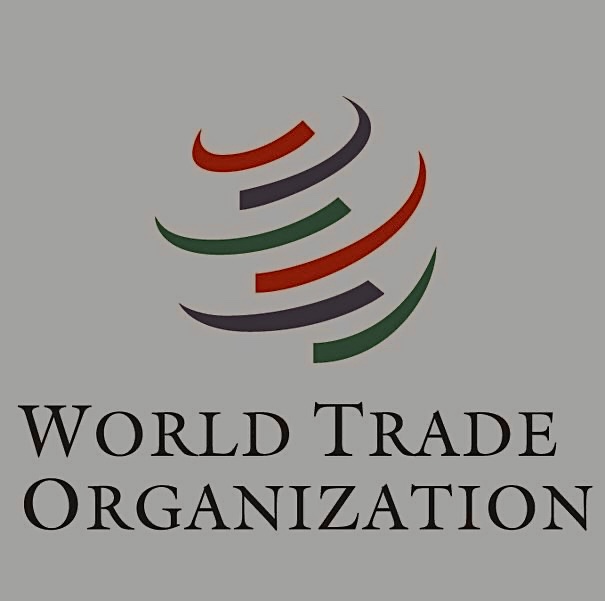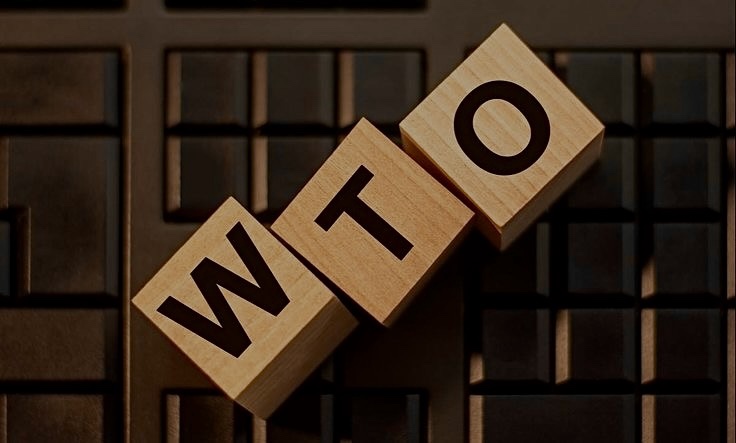Since its founding on January 1, 1995, the World commerce Organization (WTO) has shaped the direction of international commerce, making it a crucial organization in the world economy. However, the General Agreement on Tariffs and Trade (GATT) was established in 1947 as a result of the Second World War, and that is when it all began.

The WTO’s forerunner, GATT, sought to lower trade barriers and promote economic cooperation among its member countries. GATT rounds of negotiations have helped to cut tariffs and resolve a variety of trade-related issues over time. However, by the late 1980s, it was clear that GATT required a more thorough and organized framework in order to handle new issues that were arising in the international trading system.
The World Trade Organization was eventually founded during the Uruguay Round, which took place between 1986 and 1994 as a result of this understanding. With a more expanded mandate when it was founded, the WTO was tasked with addressing non-tariff trade obstacles, intellectual property rights, and services trade in addition to tariff reduction.
In order to guarantee that decisions are made collectively, the WTO functions on the basis of consensus among its member nations. Numerous industries, including agriculture, textiles, services, and intellectual property are covered under its agreements. A vital component that offers a method for settling trade disputes in an organized and unbiased manner is the Dispute Settlement Understanding (DSU).
The World Trade Organization (WTO) has had difficulties throughout the years, including accusations that it has been sluggish to adjust to the shifting global economy. Obstacles impeded progress on important issues such as market access and agricultural subsidies during the 2001–2002 Doha Development Agenda negotiations. Challenges to the multilateral trading system were also brought about by the growth of regional trade agreements.

Recent changes in the dynamics of the global economy and geopolitical conflicts have put additional demand on the WTO. Its dispute resolution process has been impacted by the organization’s difficulties in selecting judges for its Appellate Body. There is a renewed focus on the WTO’s role in resolving global health crises and maintaining the resilience of the international trade system as countries deal with the fallout from the COVID-19 epidemic.
The WTO is still vital to promoting international trade in spite of obstacles. Its guiding values of openness, predictability, and nondiscrimination are still essential. In order to handle modern concerns like digital trade, e-commerce, and sustainable development, the organization is changing.
To sum up, the tale of the World Trade Organization’s history is one of global cooperation and adjustment. The group has played a key role in forming the regulations controlling international trade, from the GATT discussions following World War II to the founding of the WTO in 1995. The WTO’s function and relevance endure because of the interconnectedness of the contemporary global economy, even as the world maneuvers through geopolitical upheavals and economic changes.